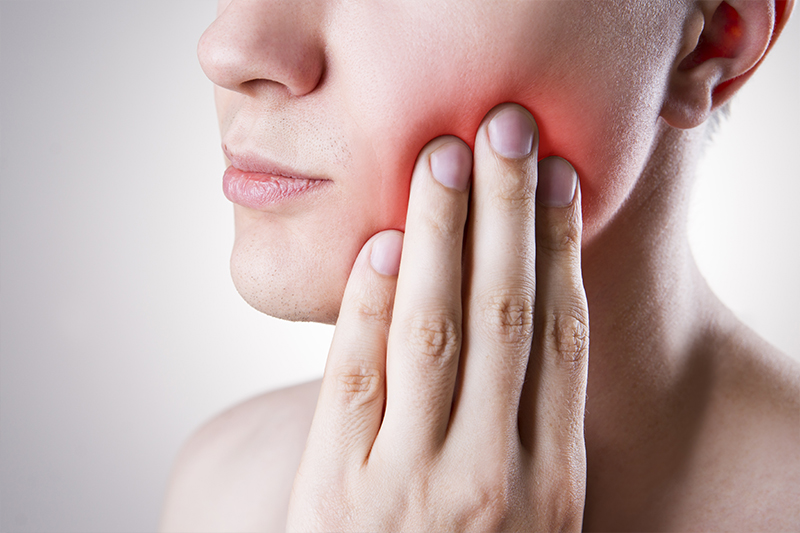FAQs
General Dentistry FAQs
General dentistry and preventative care are essential elements of oral health. Read the answers to these frequently asked questions to learn more.
A general dentist will treat people of all ages. General dentists use a combination of specialized care, including oral surgery, restorative services, and basic dental care treatments. General dentists primarily use basic dental care treatments to prevent oral health problems. General dentists offer dental exams, x-rays, cavity fillings, and root canal treatment.
Today, root canals are usually painful. Most dentists now use local anesthesia before the procedure to numb the tooth and surrounding areas. A root canal procedure should not be painful, even if your dentist does not use anesthesia.
The answer to this question can vary from person to person. Your oral surgeon will probably want you to relax for 48 to 72 hours. After the extraction, you should follow your oral surgeon’s instructions.
You should brush your teeth every day and twice per day. You should also floss once a day before or after brushing your teeth. Flossing is just as important as brushing your teeth. You should also consider mouthwash. Mouthwash reduces the amount of acid in the mouth and cleans hard-to-brush areas in and around the gums. You should drink more water and avoid sugary products as much as possible. Visit a dentist at least once every six months.
Diet and Oral Health FAQs
Your diet plays a big part in the health of your mouth. Your smile needs certain vitamins and minerals to thrive, and some things you consume can be very detrimental.
Calcium and Vitamin D are two of the most essential things for your smile. Calcium strengthens your tooth enamel, protecting your smile from bacteria. Vitamin D helps your body absorb calcium better. Fortified dairy products give you a good dose of both of these minerals. Leafy greens, nuts, and fish also provide calcium, while fatty fish and egg yolks contain Vitamin D.
Another important mineral for tooth development and strength is phosphorus. It works with calcium to ensure your teeth remain strong and resistant to decay and bacteria. Milk, meat, and fish are all good sources of phosphorus.
Vitamin C and other antioxidants are crucial for gum health. Since it aids the body in collagen production, it strengthens the gums and soft tissues around the teeth that keep it in place. It lessens inflammation, reducing your chance of bleeding gums and gum disease. Foods like berries, citrus fruits, broccoli, and peppers all have solid levels of Vitamin C.
Vitamin A is one of the most important vitamins for your oral health. It maintains and repairs soft tissue and helps with saliva production. Saliva washes food debris and bacteria away from your smile so that they don’t build up and neutralizes the acids in your mouth caused by bacteria byproducts. Spinach, carrots, and sweet potatoes are all good sources.
Fibrous fruits and vegetables act as natural toothbrushes when you eat them. The fibers get in between the teeth, scraping away food debris. Because they require a lot of chewing to break down, they also help your mouth produce more saliva.
Sugar and acid are the two big things that cause harm to your smile. Harmful bacteria in your mouth feed on sugar as their main food source. They emit an acidic byproduct that wears through the tooth enamel and causes cavities and tooth decay. The more sugary foods you eat, the more those bacteria will feed on them. Eating them multiple times throughout the day constantly attacks your teeth, and they get no break.
Eating sugary foods with acidic ones is the most harmful thing you can do to your teeth. Acidic foods increase the rate at which the enamel erodes. While brushing your teeth is usually recommended to get rid of sugar and bacteria, wait for at least 30 minutes after consuming something acidic to brush your teeth. Brushing too soon after can do more harm to your teeth than good.
Dental Crown FAQs
Dental crowns are a popular dental restoration. Learn more by reading the answers to these commonly asked questions.
Dental crowns are permanent restorations. On average, a crown can last around 15-20 years. But the better care you take of them, the longer they’ll last. Crowns can last upwards of 30 years if you take good care of them.
No, you shouldn’t experience pain during the dental crown procedure. We numb the entire area around the tooth that’s getting the crown with a local anesthetic. Before the procedure starts, the dentist will double-check to ensure the anesthetic has taken proper effect. We’ll begin the procedure once he’s assured that it has.
Yes, it is possible to get a cavity under a dental crown. First, we’ll ensure the crown fits well and isn’t too big for you. A loose crown means it’s easier for bacteria and debris to catch up under it. For your part, be diligent about your oral hygiene. Brush, floss, and visit the dentist regularly. This helps prevent decay from occurring underneath your restoration.
Yes, though the material is stain-resistant, it can eventually stain. If you frequently drink coffee, tea, or tobacco, you’re more likely to see the effects of staining than others. Dental crowns don’t respond to traditional whitening techniques. If your crown stains, you’ll have to get a replacement crown that’s the color you desire.
Wait for around 30-45 minutes after the crown procedure to eat. You want to give the cement time to set and fully harden, ensuring a good bond. Start with softer foods first and avoid chewing directly on the crown for the first few days. You should also avoid any hard or sticky foods for the first week. Avoid biting down on hard or sticky foods with your dental crown whenever possible.
Many patients are eligible for a dental crown. First, we’ll ensure that your tooth is viable for a crown. We preserve the natural tooth structure whenever possible, but some teeth may be too damaged or decayed to salvage. Good oral health is also preferable for a crown. You’ll have to ensure you care for your teeth properly to avoid decay under the crown.



